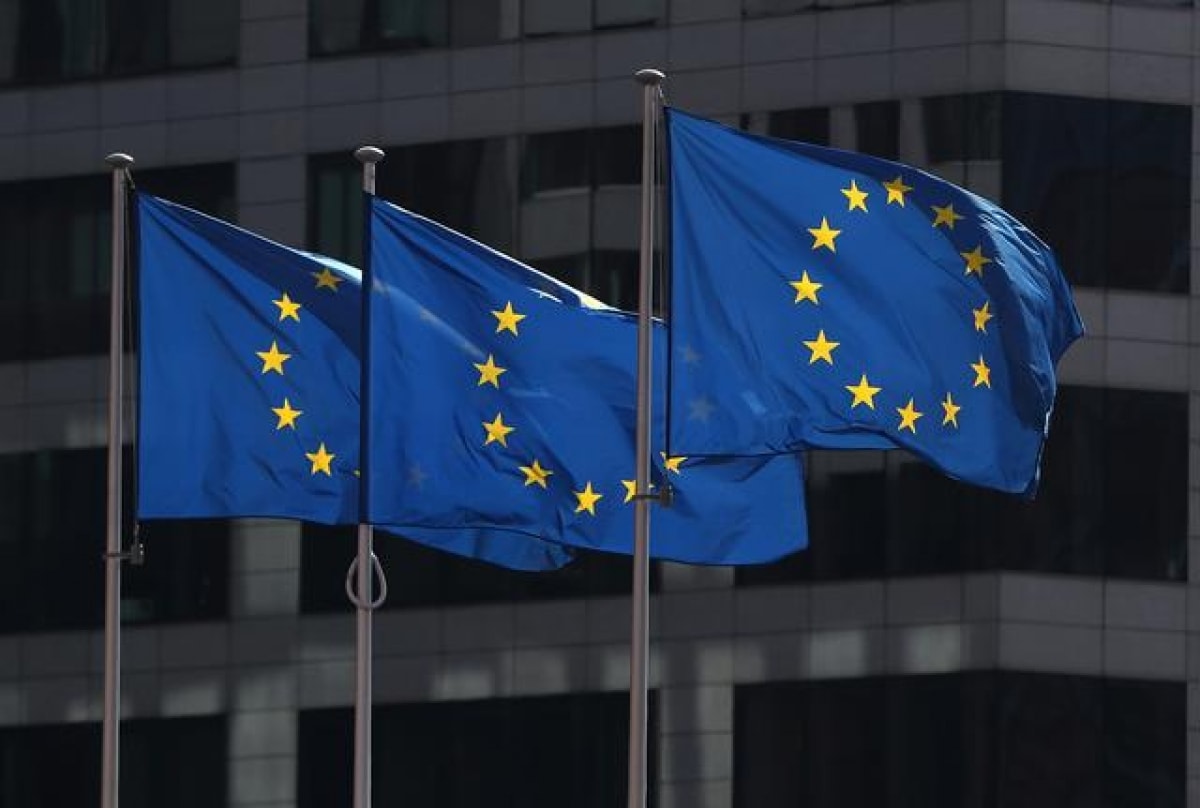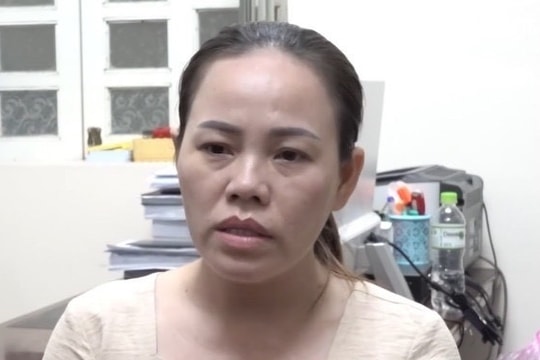European Union extends sanctions against Russia
The EU has extended until 16 October 2021 sanctions against Russia related to the use and proliferation of chemical weapons, including those related to the poisoning of Sergei and Yulia Skripal.
 |
| Illustration. |
The EU made a similar decision last October. The sanctions include an entry ban on individuals and legal entities to the EU, as well as a freeze on their assets.
Earlier in 2018, Brussels adopted a new mechanism to impose sanctions against "those involved in the development and use of chemical weapons anywhere, regardless of their nationality and location".
The restrictions include a ban on entry to the EU and an asset freeze. In addition, EU citizens and organisations are prohibited from providing funds to those affected. The new measures are being implemented "within the framework of security actions following the incident in Salisbury, UK," EU representatives said.
On March 4, 2018, in Salisbury (UK), former intelligence Colonel Sergei Skripal, who worked for the British special forces, and his daughter Yulia were poisoned. The British side affirmed that Russia participated in the "poisoning" of Skripal with substance A234, which they considered equivalent to "Novichok". Russia firmly denied all allegations of involvement in the "Skripal case".
On September 5, 2018, the British Public Prosecution Service filed a lawsuit against two Russian citizens, Alexander Petrov and Ruslan Boshirov, on four charges, including the murder of the Skripals and British police officer Nick Bailey. London claims that Petrov and Boshirov are GRU agents.




.jpg)
.jpg)
